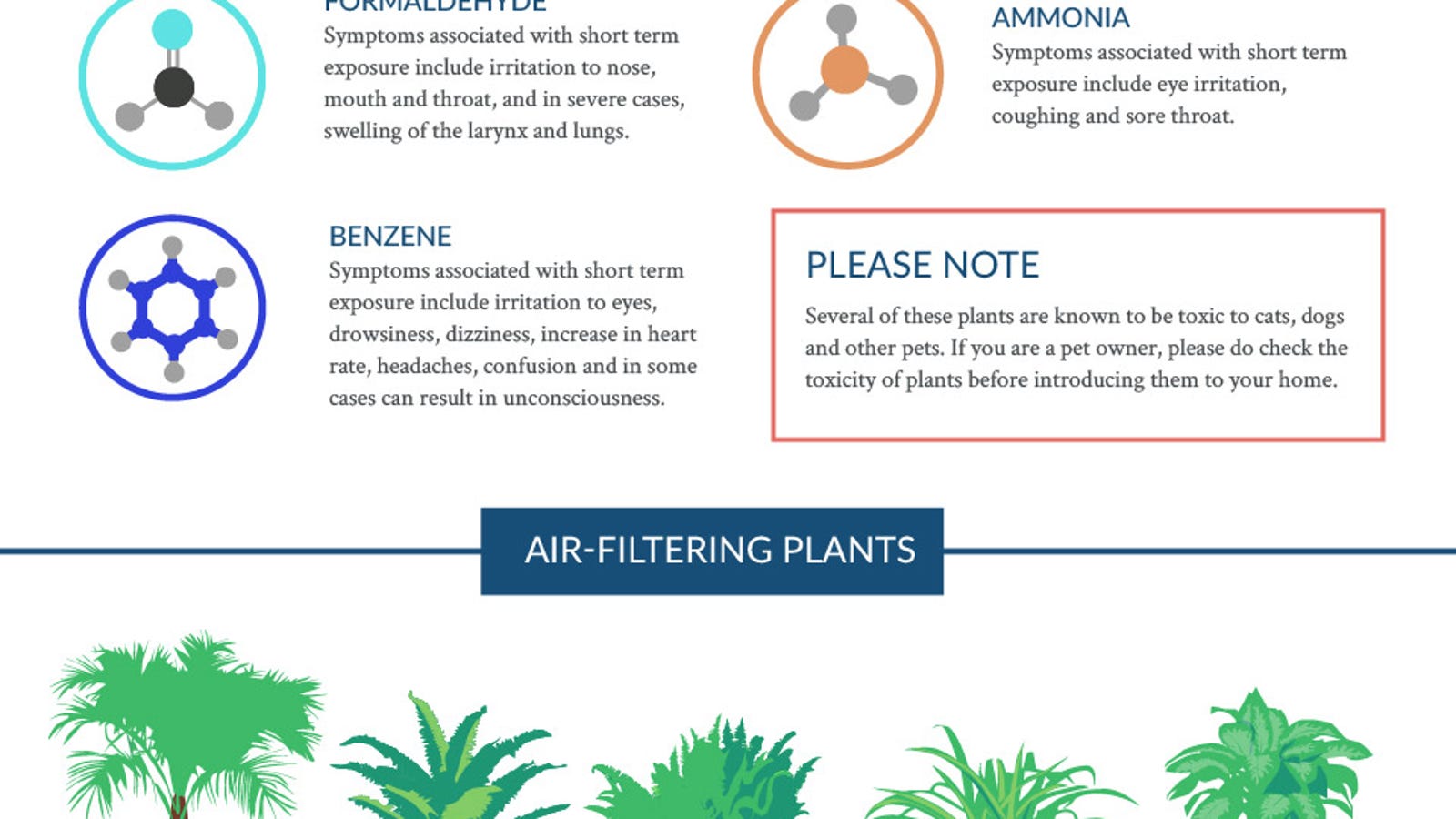Discovering The Ecological Advantages Of Warm Pumps - A Lasting Heating Remedy
Discovering The Ecological Advantages Of Warm Pumps - A Lasting Heating Remedy
Blog Article
Content Author-Glass Stampe
In an age where sustainability and energy performance are vital, several organizations seek eco-friendly heating services. One such solution is the heat pump.
A heatpump removes the warm in its surroundings and pumps it right into your home, causing among the most effective environmentally friendly central heating unit around. This procedure likewise creates zero greenhouse gas discharges, making it a very lasting technology.
Power Performance
Heatpump are very power reliable and require little upkeep. They utilize much less electricity than other heating unit and are without a doubt the most environmentally friendly. They work well with roof solar and can frequently pay for themselves in utility savings alone.
They can also provide air conditioning, which is fantastic for garage workshops, attic hangouts and bonus spaces, and home enhancements without extending the existing ductwork. They can even be utilized for retrofits in existing homes with hydronic (water-based) distribution systems such as low temperature radiators or radiant floorings.
Look for designs with SEER and HSPF ratings that satisfy or exceed Canada's minimum requirements, in addition to the criteria in your region. Higher scores mean greater performance, which conserves you cash over time and decreases your carbon footprint. You might even get approved for discounts and incentives! The most effective devices are those with a ground warm exchanger for included efficiency. These systems can soak up thermal energy from the ground during the winter season and extract it in the summer season.
Reduced Greenhouse Gas Emissions
Heatpump run on power and essentially move warm from the air, even when it's cold exterior. They are able to extract the totally free warm trapped in air particles and move them inside your home, lowering moisture while doing so.
Compared to gas heating systems, contemporary heat pumps use less than one kilowatt of electrical energy per kilowatt of home heating power they generate. This makes them one of the most energy efficient home heating alternative readily available with a POLICE (Coefficient of Efficiency) of four or more. By lowering the requirement for nonrenewable fuel sources, heatpump help reduce greenhouse gas emissions and reduce other significant air toxins.
Structure decarbonization is a global essential, and the a/c sector is a vital driver of that process. Whether it's investor making web zero dedications, policy makers establishing discharges limits, or occupants demanding greener rooms, electrical heat pumps are being identified as a vital option. They are a cost-effective way to lower carbon emissions by removing the need for nonrenewable fuel sources in structures.
Read the Full Piece of writing can be made use of in many kinds of homes and buildings-- with or without ducts. They work with hot-water radiators, air-conditioning and programmable thermostats. They can change heaters or be installed in brand-new residences. They can run on solar panels, geothermal systems and even district home heating sources like wastewater.
simply click the following website page at supplying more warm per power system. For instance, an air-source heatpump generates up to three or even more heating devices from each electrical power device it eats.
Getting the most from your heat pump will depend on your climate area and high quality of insulation. Search for models with power STAR ratings and contrast their SEER or HSPF specifications. In warmer climates, concentrate on SEER; in chillier regions, take into consideration a system with a greater HSPF score. Furthermore, purchase air sealing and insulation to lower the tons on your heat pump. That will certainly improve power effectiveness and help you reach your Internet Zero objectives faster.
Biomass Boilers
Biomass boilers use wood pellets, chips or logs to produce warm and warm water. They are an excellent selection for off-grid homes or those who wish to leave the gas grid.
As a standalone furnace, biomass can provide enough power to maintain your home cozy all the time without the common heat drop off of various other eco-friendly modern technologies. They can also be made use of in conjunction with photovoltaic panels to increase savings and gain from RHI settlements.
A disadvantage of these systems is the in advance cost and routine fuel shipments. Frequently, pellets will require to be blown into a gas shop making use of a vacuum cleaner system or they can be manually fed into the boiler with a receptacle. Logs are usually self-sourced from neighboring timberland or gotten in bulk. In addition to this, they call for manual loading and might require cleaning regularly.